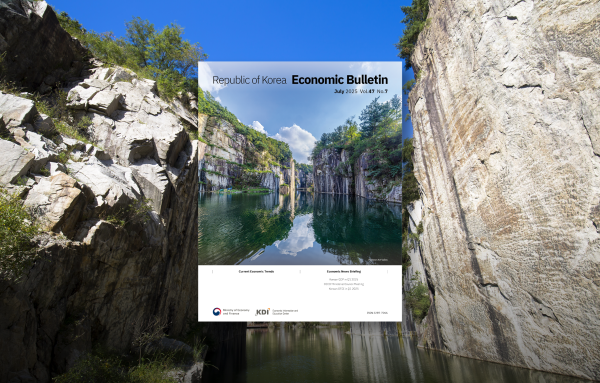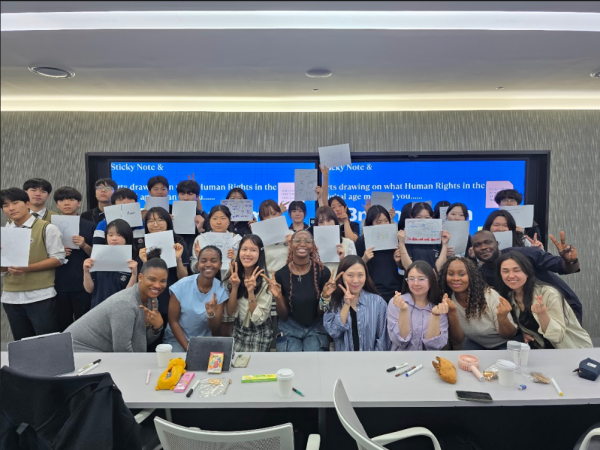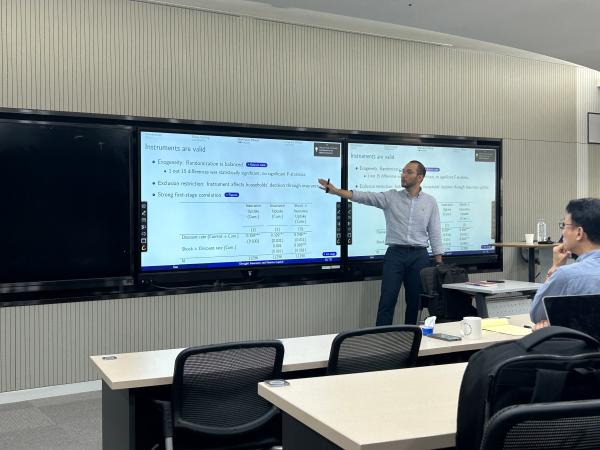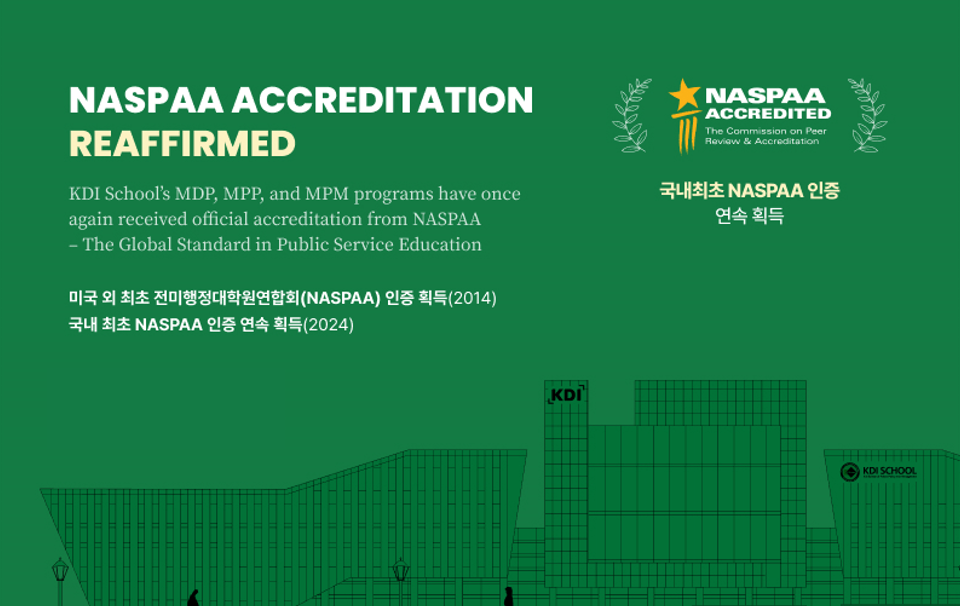
Impact Evaluation Conference for KDIS’s 25th Anniversary
- Date 2022-09-20 10:42
- CategoryResearch and Education
- Hit1244
KDI School is celebrating its 25th anniversary this year. KDI School has contributed to policy research for the past 25 years and has high hopes for future policy research. As a lead up to its 25th anniversary, KDI School organized an Impact Evaluation Conference on August 24th and August 25th. The conference was attended by excellent speakers from leading academic institutions and think tanks.

Dr. Jong-II You, KDI School’s Dean, opened the conference and thanked Keynote Speaker Albert Part, Chief Economist at the Asian Development Bank (ADB). Dean You also thanked professionals for participating in the Impact Evaluation Conference, which started its journey in 2018 with global partners.

In his lecture, Keynote Speaker Dr. Albert Park focused on the frontiers of impact evaluation, including data innovations like big data from online sources, machine learning and textual analysis, and image data from satellites and social media. Dr. Park emphasized the need for randomized controlled trials to make appropriate policies. Also, green nudging can be used as an emerging solution to environmental issues by encouraging pro-environmental behaviors.

Session 1 of the Impact Evaluation Conference was based on Impact Evaluation in the Post-COVID Era and Health. During the Conference, Laura Caron from Columbia University made the argument that imputation of commuting costs during the pandemic has important implications for poverty and inequality measurement and not accounting for commuting costs may understate the inequality impacts of the pandemic. Professor Hung-Hai Chang from National Taiwan University echoed the idea of including transportation costs and emphasized that recent studies have also proposed a multidimensional approach to look at poverty and inequality due to the pandemic. Professor Jyoti Prasad Mukhopadhyay from Korea University focused on women's education during the pandemic and said mere gender awareness campaigns are not enough to uplift the level of education among women.

Session 2 of the Impact Evaluation Conference was based on the labor market. In an interesting evaluation, Professor Leah Lakdawala from Wake Forest University made an interesting comparison between legalizing and regulating child work in contrast to completely banning it. Dr. Leonardo Lacovone from the World Bank presented on the impact of visualization on entrepreneurial success. In lab experiments it was found compared to verbal thought mental imagery has a more powerful impact on emotion and specifically on future thinking. Mental imagery could increase precision in accessing information to make economic choices.

Session 3 of the Impact Evaluation Conference was based on Banking and Business. Professor Sunwoo Hwang from Korea University presented the case of contingent employment of skilled labor which reduces innovation and entrepreneurship. This also has policy implications for the future of work as labor market representation of contingent labor is large and growing. Dr. Natee Amornsiripanitch, Research Economist at the Federal Reserve Bank of Philadelphia, presented on the age gap in mortgage access. Age is positively correlated with rejection probability and interest rate spread, and age is comparably important as race and ethnicity. Professor Cyrus Aghamolla from the University of Minnesota explored the effect of credit supply shocks on hospitals. In response to a negative credit shock, there is an increase in revenue, but hospitals deliver worse care to patients.

Session 4 of the Impact Evaluation Conference was based on education and gender. This session was chaired by Professor Seulki Choi. Professor Chon-kit Ao from National Cheng Kung University presented on municipal water filtration development and children's human capital investment. In 2017, 2 billion people were still using contaminated water sources for drinking, and in the same year, diarrhea caused the deaths of 1.6 million people. The conclusion of the study was that providing good quality filtered water can increase the enrollment rate by 3-5 percentage points. The wider policy implication would be that water improvement programs affect other outcomes beyond mortality and morbidity. Professor Ye Zhang spoke about the glass ceiling and biases toward and against Asians at the Stockholm School of Economics.

KDI School is constantly focused on developing smart policies in order to make smart policy decisions. Impact evaluation is one of the important pillars of modern-day policymaking in which we shift from evaluations to policy. In other words, from evidence-based policy to policy-based evaluation. KDI School's Impact Evaluation Conference was one of the initiatives that KDI School has taken to uplift the quality of impact evaluation-based research in Korea and in the world. KDI School is one of the world's top policy schools.
Related News
-

Research and Education10 days ago
Republic of Korea Economic Bulletin, July 2025#KDI #Economic #KDISCHOOL #kdischool #Economic Bulletin #Research
-

Story13 days ago
Summer 2025 Talent Donation Program: KDIS Forums Host Sejong High School Students#KDISCHOOL #KDIS #student #talent donation #student forums #student clubs
-

Research and Education14 days ago
Research Seminar by Hyuk Harry Son from Utrecht University


